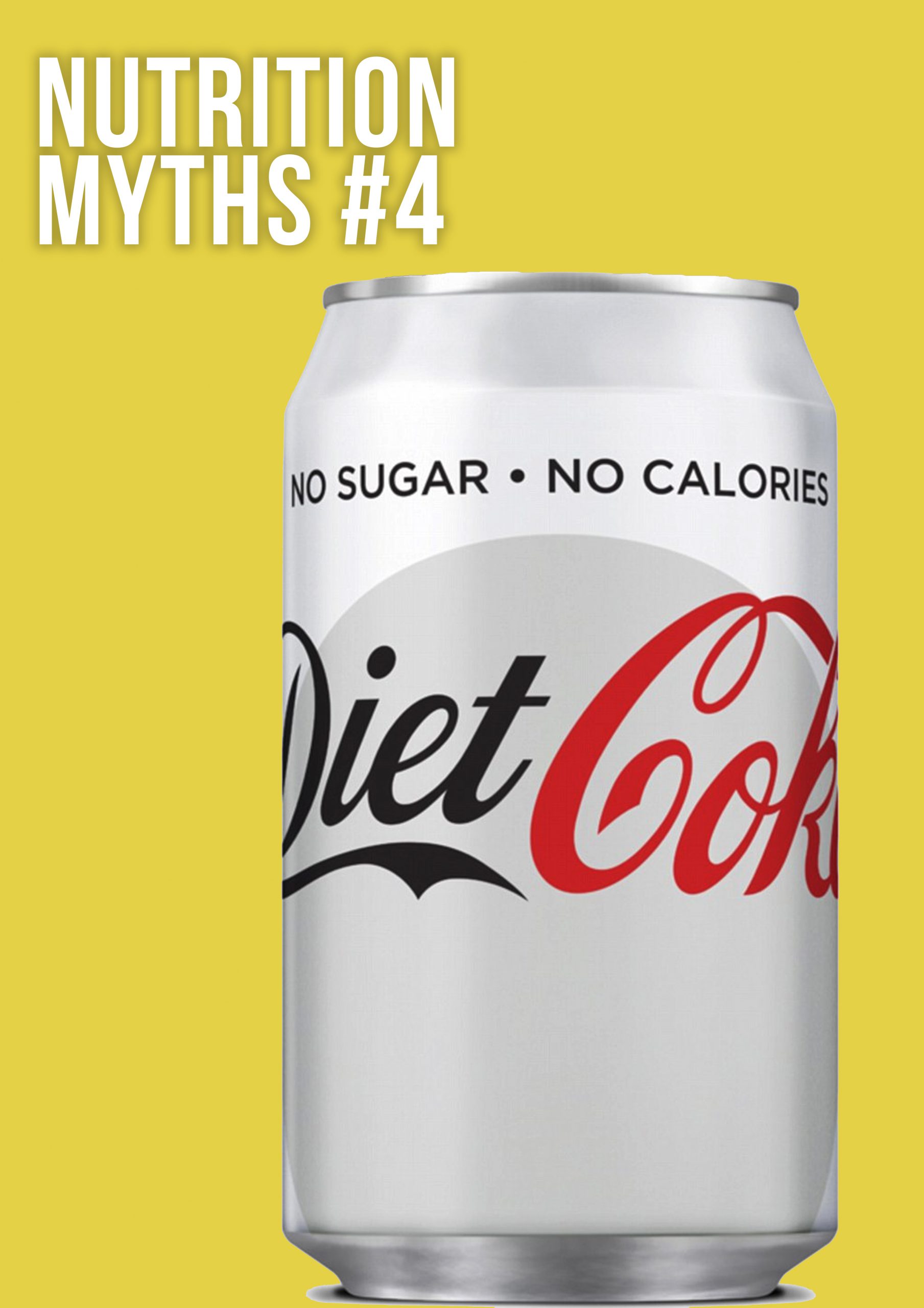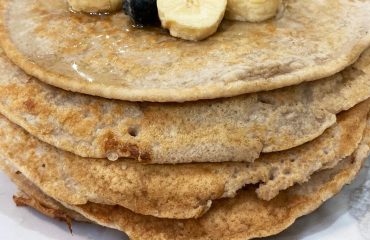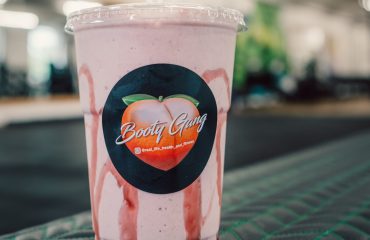Is Diet Coke Bad For You?
I have seen a few posts regarding artificially sweetened beverages in the past week with people asking if it’s OK to consume them, so I thought it would be good to touch on them today. I’m going to run through the most common claims about their consumption. There are a few claims to unpack so I will go through them one by one
1. Drinking diet beverages will slow down your metabolism and cause you to store fat.
False. There has been no direct data from studies to show that drinking diet beverages will cause your metabolism to slow down. With regards to diet beverages being a cause for obesity, again the data does not add up. In fact, studies with a time period ranging from 6 months to 24 months have found that diet beverages can be an effective replacement for regular calorific drinks and when compared to water there are no differences in health markers or weight loss. Moreover, in some cases those who drank diet beverages achieved more weight loss and were able to maintain their weight better during maintenance phases. This isn’t to say that diet beverages have magical fat burning properties but it would seem that getting that sweet flavour and carbonation from the diet beverage can help curb cravings. It is suggested the group consuming the diet beverages were potentially less likely to seek out that sweet flavour in other foods that could cause additional calorie intake.
2. Drinking diet beverages will spike your insulin levels.
False. Again, there is no data in humans to support this theory that artificial sweeteners found in diet beverages increase insulin release via tricking the body into thinking you are consuming sugar. Studies have repeatedly shown no increase in insulin secretion, even in diabetic subjects.
3. Drinking diet beverages will increase your appetite.
False. In fact, it’s often the complete opposite. As mentioned in point number 1 and has been shown in many studies that have compared water and diet beverages, groups consuming diet beverages are often more satiated than their water drinking counterparts. This may not be applicable to all and also doesn’t mean you should automatically swap your daily water consumption for diet beverages, but it would certainly seem that diet beverages can be used as an effective tool for curbing sweet cravings.
4. The artificial sweeteners used in diet beverages can cause cancer and other diseases.
False. Studies that have linked artificial sweeteners to any sort of diseases are often completed in rodents, and although rodent models can be helpful, we are not rodents. Furthermore, the amount of artificial sweetener given in the rodent trials is huge and far exceeds the consumption from a diet beverage (in some cases tens of thousand times more). Like with anything you consume, the dose makes the poison.
To summarise, current available research in humans does not indicate diet beverages are bad for metabolic health or inhibit fat loss. Diet beverages are neither “good’’ nor “bad”. They are simply a low/zero calorie beverage sweetened with a low/zero calorie sweetener to try and mimic the taste of a regular sugary drink. The only legitimate downside currently shown in the data is a link to poor dental health when overconsumed.







You must be logged in to post a comment.